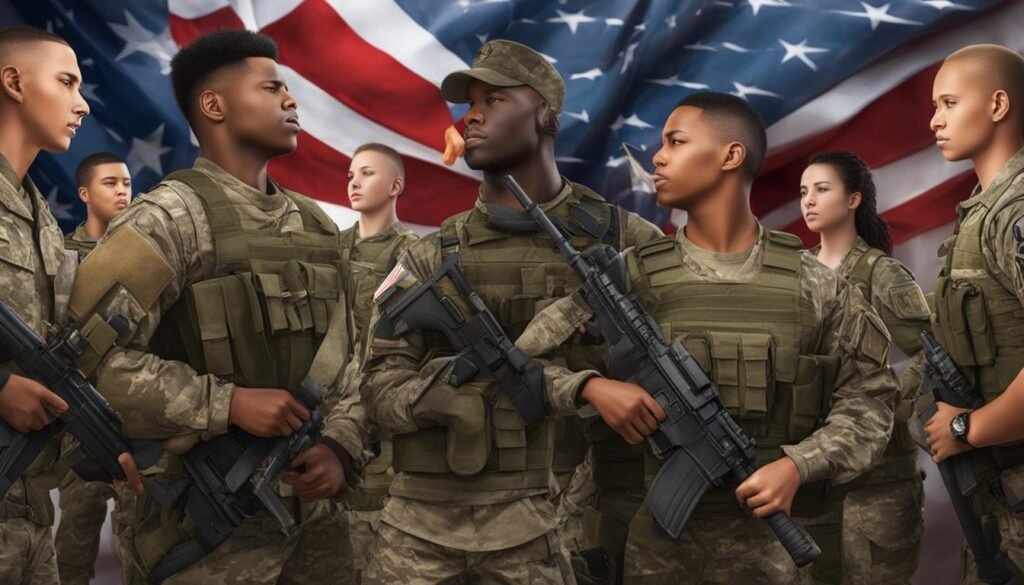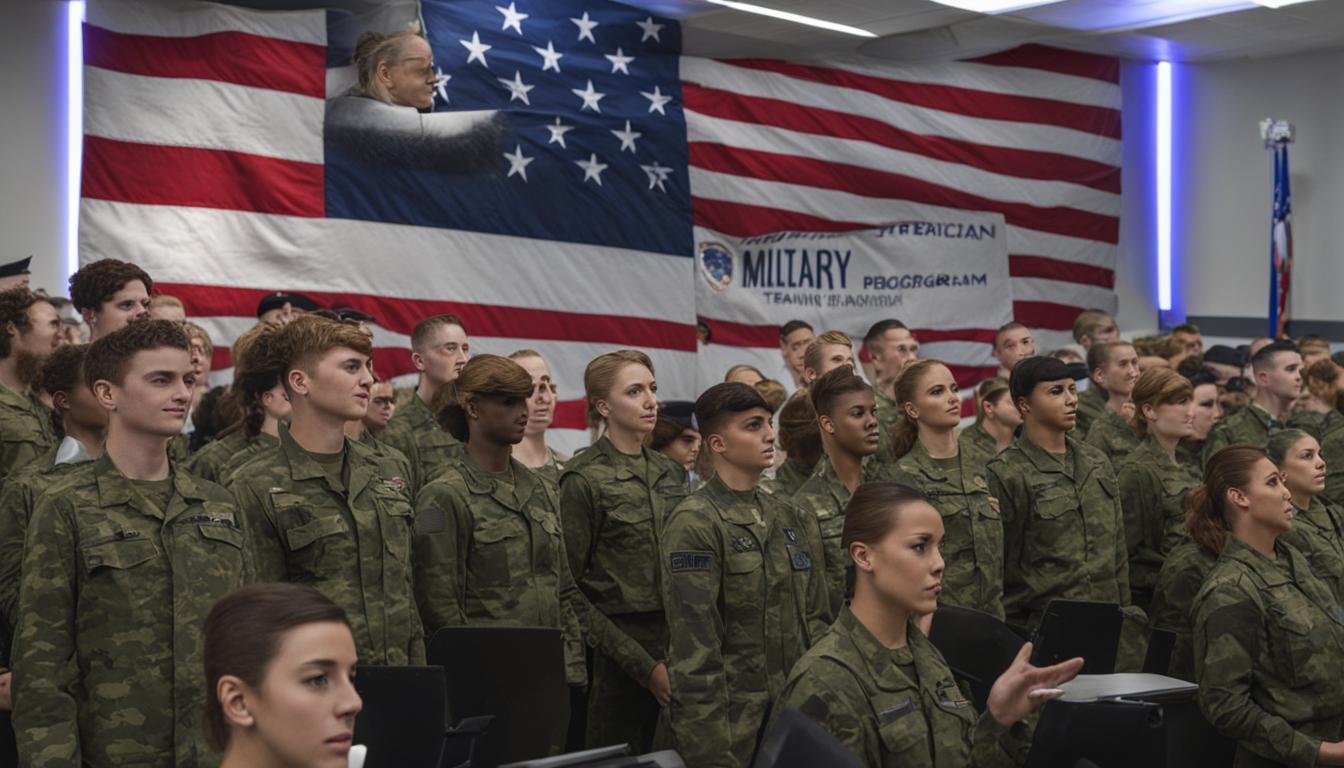The U.S. Department of Defense recognized the importance of cultural readiness in the early 2000s, leading to the establishment of military cultural training programs. These programs aimed to equip U.S. military personnel with the necessary skills to effectively operate in foreign cultures. With the emphasis on stability operations and security cooperation during the conflicts in Afghanistan and Iraq, cultural training became a crucial component of military education.
However, as the focus shifted to great power competition, the Services have reduced or eliminated cultural training requirements. In order to ensure that the United States is prepared to understand and engage with foreign cultures in the future, it is essential to document the approaches and lessons learned from these programs.
Key Takeaways
- Case studies of military training recognition in colleges provide valuable insights into the importance of cultural readiness.
- Military cultural training programs aim to equip personnel with the skills necessary to operate effectively in foreign cultures.
- The emphasis on stability operations and security cooperation highlighted the importance of cultural training in the conflicts in Afghanistan and Iraq.
- Despite the reduction or elimination of cultural training requirements, documenting the approaches and lessons learned is crucial for future preparedness.
- Understanding and engaging with foreign cultures is essential in a rapidly changing global landscape.
Approaches and Challenges in Military Cultural Training Programs

The establishment of military cultural training programs was driven by the recognition of the need for cultural readiness in the early 2000s. These programs aimed to provide U.S. military personnel with the necessary skills to effectively operate in foreign cultures. Military cultural training programs encompassed both culture-specific and culture-general training to enhance the cultural competence of servicemembers.
Evaluating the effectiveness of these programs, however, presented challenges. One of the main difficulties was the lack of standardized evaluation methods, making it difficult to measure the impact of the training accurately. Cross-cultural competence is a complex skill set, and assessing its development requires a comprehensive approach. To overcome this challenge, a proposed framework for evaluating cultural training programs combines evidence-based training methodologies with previous research on cross-cultural training.
This framework identifies key elements that consistently emerged in military cultural training programs across the Services, providing valuable insights for improvement and future research. By integrating the science of training, curriculum design, and cultural competence, this framework aims to enhance the effectiveness of military cultural training programs and ensure the development of culturally competent military personnel.
Quote: “The effectiveness of military cultural training programs is essential to equip servicemembers with the skills needed to navigate foreign cultures and ensure mission success.” – [Your Name]
Example Table: Approaches and Challenges in Military Cultural Training Programs
| Approaches | Challenges |
|---|---|
| Integration of culture-specific and culture-general training | Lack of standardized evaluation methods |
| Incorporation of evidence-based training methodologies | Complexity of assessing cross-cultural competence |
| Focus on cultural competence in curriculum design | Need for comprehensive evaluation framework |
This table provides a brief overview of the approaches and challenges encountered in military cultural training programs. It showcases the integration of culture-specific and culture-general training approaches and highlights the need for standardized evaluation methods. The challenges, such as assessing cross-cultural competence and developing a comprehensive evaluation framework, underline the complexity of measuring the effectiveness of these programs.
Continued research and improvement in military cultural training programs are necessary to ensure that servicemembers are equipped with the cultural competence required to succeed in diverse operational environments. By addressing these approaches and challenges, the U.S. Department of Defense can enhance the effectiveness of military cultural training programs, contributing to the overall readiness and mission success of the armed forces.
How do Colleges Implement Military Training Recognition for Accreditation Standards?
Many colleges implement accreditation standards military training recognition by assessing the alignment of military courses with academic programs. They also provide credit for military training and experience, allowing veterans to progress more quickly towards their degree. This recognition helps colleges support and honor the service of military members.
Lessons Learned and Recommendations for Military Cultural Training
As we analyze military cultural training programs, we uncover valuable lessons and recommendations to enhance future initiatives. By integrating these insights into program design, we can meet the cultural capability requirements of the future.
One key recommendation is to facilitate training transfer by providing ample opportunities for practice and real-world application of cross-cultural skills. This hands-on experience will enable servicemembers to effectively navigate diverse cultural environments and foster meaningful connections.
Furthermore, collaboration between the military Services, academia, and international partners can significantly enhance cultural training programs. By sharing best practices and resources, we can create a comprehensive approach that draws from diverse expertise and perspectives.
While progress has been made, further research is needed to delve deeper into the effectiveness of different training methods and the long-term impact of cultural training on military personnel. Continued investigation will enable us to refine our approaches and ensure optimal outcomes.



